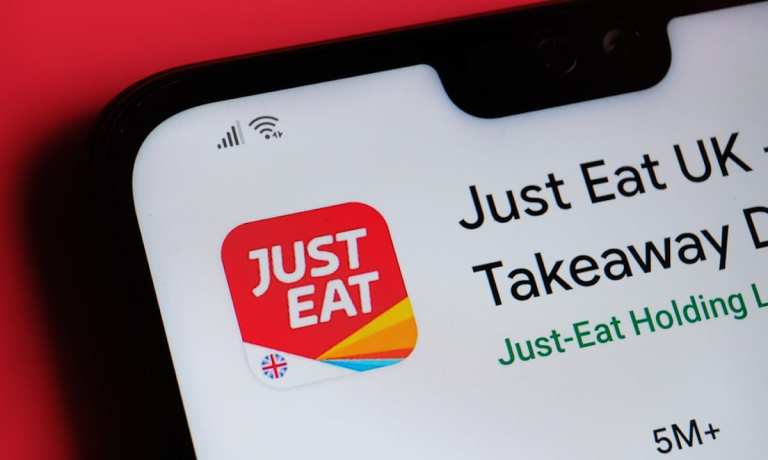Just Eat Takeaway.com To Double Down On Strong US Markets Following Grubhub Acquisition

In its first earnings report since acquiring United States-based food delivery service Grubhub in mid-June, global delivery giant Just Eat Takeaway.com announced that orders for the combined company grew 51 percent in the first half of the year. Grubhub underperformed compared to the company’s other delivery services, as orders excluding Grubhub grew 61 percent.
The company saw EBITDA losses surge, which it attributes to fee caps throughout North America. However, Matt Maloney, managing director at Just Eat Takeaway.com (JET) and founder and former CEO of Grubhub, predicted that fee caps would not become permanent anytime soon. On a call with analysts, he attributed San Francisco’s move to codify these limits to “San Francisco being San Francisco.”
Noting ongoing legal battles contesting the city’s Board of Supervisors’ decision, Maloney said, “I would predict you do not see another permanent fee cap being voted on till the San Francisco situation gets resolved in court.”
Order growth in the United States only grew 14 percent, compared to 47 percent growth excluding the U.S., 61 percent growth in the United Kingdom and 50 percent in grocery. The company plans to invest in building out its U.S. infrastructure beyond what Grubhub had already set in place, focusing on markets in which the brand already has a strong foothold. Maloney explained that the combined company is “investing significantly in growth, focusing on our market leadership positions.”
“There’s a lot of growth available around cities like New York and Chicago, et cetera,” added Just Eat Takeaway.com’s CEO Jitse Groen. “It is much easier to work from very strong positions … but it doesn’t mean we’re not going to be in, say, Ohio or Arizona. It’s just that our focus will not be there — it will be elsewhere.”
In May, Just Eat Takeaway.com revealed that it is adding grocery delivery to its German service, Lieferando.de. Now, the company is gearing up to launch grocery delivery across all the markets in which it operates, all as gross profit neutral.
“We’re going to be an open network,” said Groen. “If a supermarket chain wants to use our vast logistical network across our global businesses, they can do that, all as gross profit neutral — it will just be an add-on to our logistical network.”
Given the company’s “large logistical networks” in all the markets in which it operates, Groen said, rolling out grocery across all locations will be an “easy add-on.”
Of competition in Germany specifically, where Uber Eats recently launched and where Delivery Hero is relaunching, making the meal delivery very crowded, Groen said that competitors’ “inferior” logistics make Just Eat Takeaway.com the clear leader in this battleground country. As he said of competitors, “They have less restaurants, the efficiency is lower, the delivery fees are higher and the coverage, of course, is not the whole country. The coverage is Berlin, and maybe a couple of cities.”
Groen added that the grocery business gives Just Eat Takeaway.com a major leg up when it comes to earning consumers’ loyalty and being their one-stop shop.
Read More On Food Delivery:
- Delivery Hero Faces $433 Million EU Antitrust Fine
- DoorDash Teams With Forage to Expand SNAP/EBT Acceptance
- Delivery Apps See Orders Drop After Wage Hikes
- Paytm Reportedly Explores Sale of Ticketing Unit to Zomato